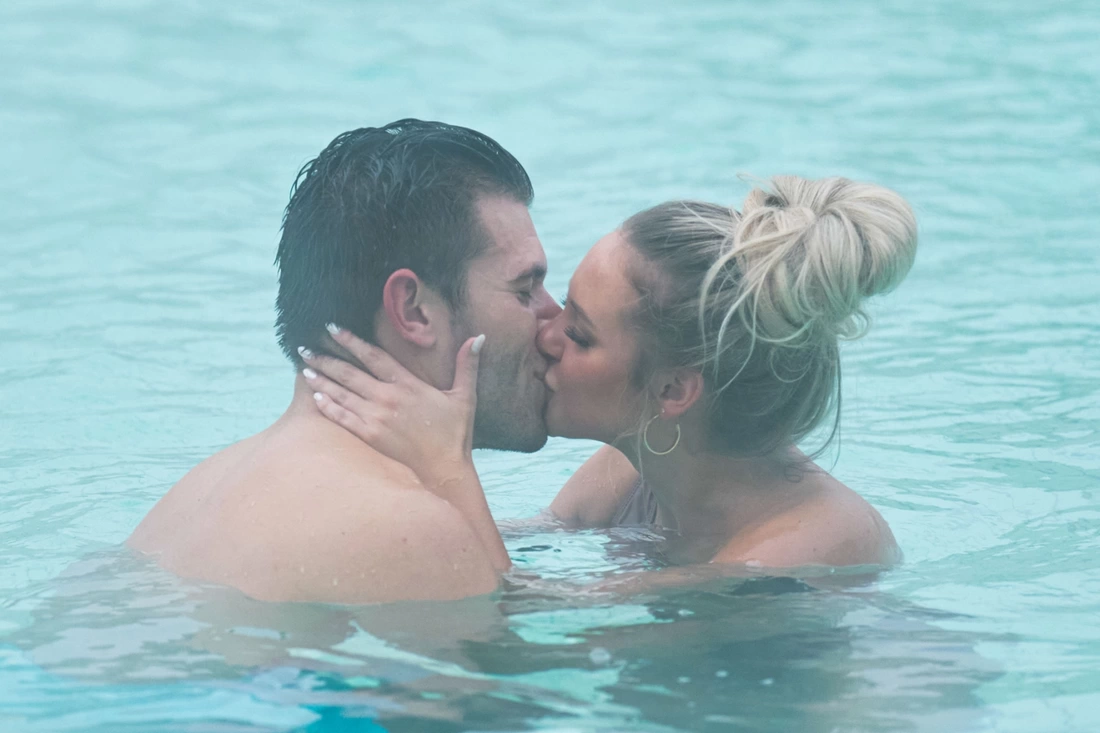“It is really interesting, this question of the duty of care that’s put in place for people who offer themselves up personally in the service of entertainment and how those people are taken care of in that place,” O’Brien told Rolling Stone. “I know producers do have a duty of care and they do have things put in place, but I do think it would be an exciting place to continue to explore.”
O’Brien emphasized that film sets are people’s workspaces and should be treated as such. There’s been an incredible shift in the entertainment industry with the development of intimacy guidelines, and she said she’d love to see the same done for reality TV. Sometimes, according to O’Brien, “in the adrenaline of the moment you think everything’s fine,” but the aftermath can feel differently.
“I do think in this area it would help to have someone who brings the fundamental tenets of open communication and transparency and agreement and consent and that journey in, and bookending that journey out and checking in afterward,” O’Brien said.
“I do think in this area those aspects of the intimacy guidelines would be really useful to someone who’s there and going, ‘These are all the things that could possibly happen. Yes, you could end up possibly having intercourse under the covers live in front of the cameras, yes you could agree to be in your bikini and the guy being in his boxer shorts, kissing, being fondled,’ and just going, ‘Have a think, what is OK for you? Most importantly, what isn’t OK for you?’ And then in advance just thinking of your boundaries.”
O’Brien recently worked on Magic Mike’s Last Dance, talking to audience members who appear in the film’s final dance scene about their comfort levels receiving lap dances from actors. She used this as an example of what intimacy coordinating could possibly look like in the unscripted space because in this instance she wasn’t dealing with trained actors, but it was her job to check in with everyone before and after filming to make sure they were on the same page about “the journey to clear transparency on what they might experience.”
“At the end of the day, they have to step away from that program and go back into their personal lives and look at that nugget of what they’ve offered in that time for entertainment and make sure that during that time, they haven’t overstepped their own boundaries so it doesn’t damage them not just physically but emotionally and psychologically,” O’Brien said.
More . . .



 RSS Feed
RSS Feed
